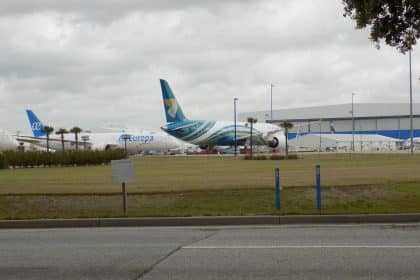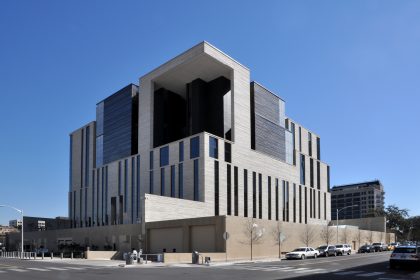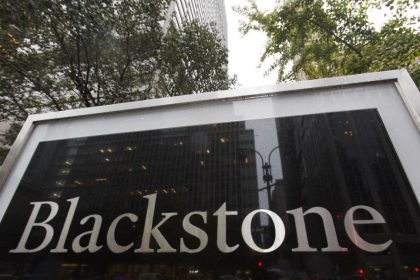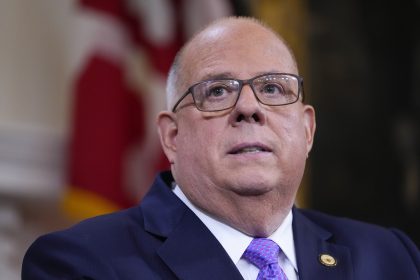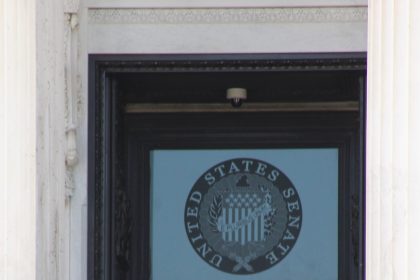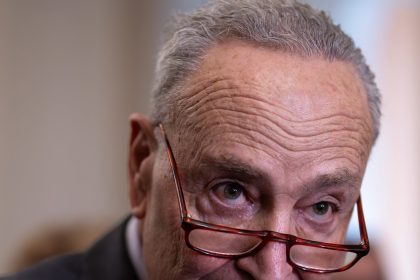Senators Accuse Starbucks of Union Busting
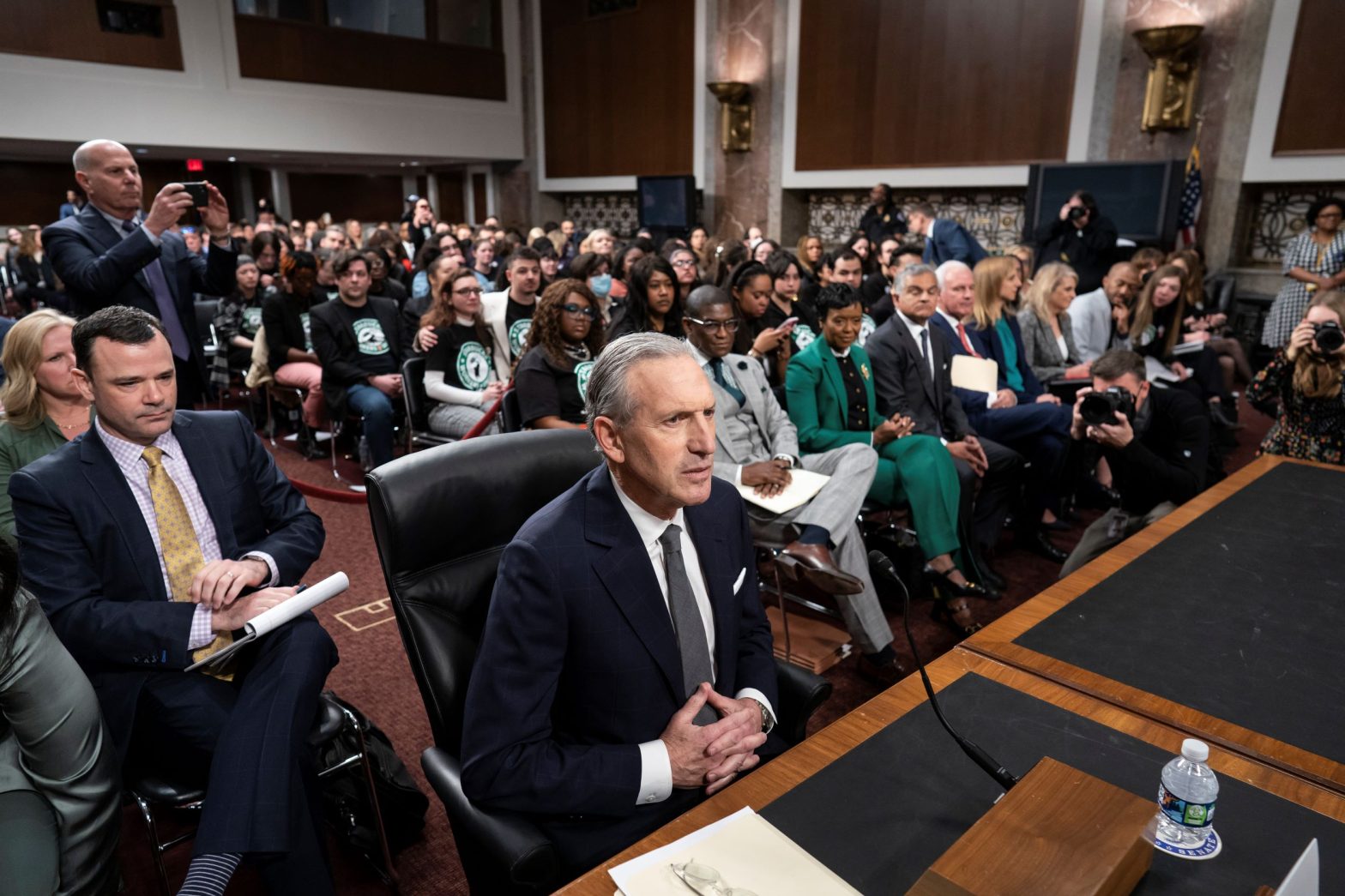
WASHINGTON — Democratic senators on Wednesday accused coffeehouse chain Starbucks of union busting as it sought to squelch growing discontent among its workers.
“The issue is pretty simple, workers have a right to join a union,” said Sen. Bernie Sanders, I-Vt., chairman of Senate Health, Education, Labor and Pensions Committee.
He said Starbucks’ “illegal union busting campaign” has resulted in more than 80 National Labor Relations Board complaints against the company since workers in three Buffalo, New York, stores started a union organizing campaign in August 2021.
In addition, judges have cited Starbucks for breaking labor laws 130 times in six states, Sanders said.
The alleged illegal activity has included firing workers who participated in union organizing, drastically cutting hours of others until they lose job benefits and threatening termination to anyone who complained about pay or work conditions.
Starbucks is the world’s largest coffeehouse chain. It reported $32 billion in revenue last year with about 402,000 employees in 84 countries. It operates about 15,000 stores in the United States.
Sanders said labor problems at Starbucks are symptomatic of unfairness by corporations that can be found in many parts of the U.S. economy.
While 60% of American workers live paycheck to paycheck, “The people on top have never, ever had it so good,” Sanders said.
The result has been “the top 1% earning more than the bottom 90%,” he said.
It also has meant a groundswell of public support for unions to even out the inequities, he said.
Sanders directed his harshest comments at Howard Schultz, the billionaire former Starbucks chief executive officer and current board member.
Schultz denied abusing workers, instead discussing the advantages of working for Starbucks.
Employees average $17.50 per hour with benefits that raise compensation to the equivalent of $27 per hour, he said. They include generous medical benefits, stock ownership, college tuition reimbursement and efforts to hire veterans and their spouses.
“Employee retention at Starbucks is twice the industry average,” Schultz said.
He agreed unions can play an important role in American business but added, “Starbucks has not broken the law. We are just trying to defend ourselves.”
After Schultz purchased a small Seattle, Washington, coffee bean company in 1987, he converted it into a coffeehouse chain that he renamed Starbucks.
“We created 5 million jobs from a cup of coffee,” he told the Senate committee.
He won a more sympathetic audience from Republican senators.
Sen. Rand Paul, R-Ky., said the allegations of union busting against Starbucks were a “witch hunt that vilifies an American company.”
He described Starbucks as an American success story and refused to criticize Schultz.
“Count me out,” Paul said.
Sen. Bill Cassidy, R-La., said the National Labor Relations Board complaints against Starbucks showed the agency was trying to “advance a political agenda.” He said the complaints represented “the weaponization of the agency.”
The union movement started when workers at the Buffalo stores announced on Twitter they formed an organizing committee, called Starbucks Workers United, that sought union affiliation with Workers United.
On Dec. 9, 2021, workers at the Elmwood Avenue store in Buffalo became the first unionized Starbucks location in the United States by a 19-8 vote.
Inspired by the Buffalo workers, a Starbucks in Mesa, Arizona, petitioned the National Labor Relations Board for a union election. They were followed by Starbucks workers in Boston, Massachusetts, and Memphis, Tennessee, trying to organize unions.
In response, Starbucks hired the law firm Littler Mendelson, which its critics have sometimes called a “union-busting firm.”
About the same time, the National Labor Relations Board began receiving complaints that some workers sympathetic to the union were getting fired and Starbucks was closing stores where employees showed a preference for organizing.
On Nov. 17, 2022, Starbucks employees at more than 100 stores walked out on strike. They were seeking more staffing, better wages and consistent schedules.
One of the former Starbucks employees who testified Wednesday was Jaysin Saxton, who said he was fired two days after he helped to organize a union for Augusta, Georgia, workers.
“They have definitely engaged in anti-union activity,” he said.
You can reach us at [email protected] and follow us on Facebook and Twitter
















